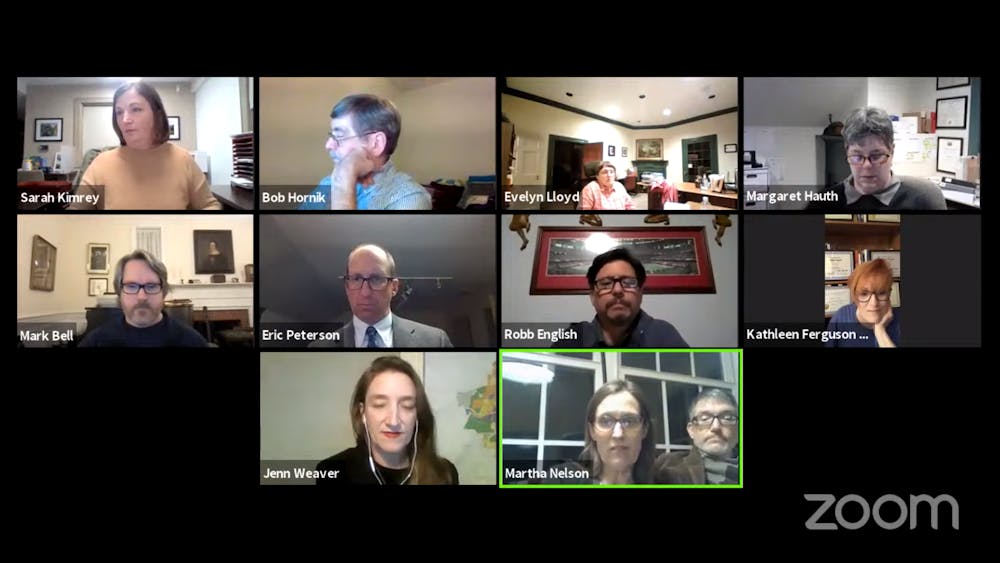Members of the Hillsborough Board of Commissioners voted unanimously on Monday to rename Thomas Ruffin Street to Lydia Lane after requests from several residents.
The new name will go into effect in 60 days.
Thomas Ruffin, a North Carolina Supreme Court justice who served in the early 19th century, has received scrutiny from local and state officials due to his history as a slave owner. Lydia, whose name will replace Ruffin’s, was a slave who was the subject of State v. Mann, a court case where Ruffin ruled that slave masters could not be prosecuted for mistreating slaves.
Last year, Ruffin’s portrait was removed from both the Orange County Courthouse and N.C. Supreme Court courtroom. UNC’s Ruffin residence hall was changed last year as well to reflect the name of Thomas Ruffins son, Thomas Ruffin Jr.
Debbie Crane, who recently celebrated her 28th anniversary living on Thomas Ruffin Street, said at the meeting it has become increasingly hard to list her address since learning who Ruffin was.
“I know some folks have said that removing his name from the street is an attempt to erase history,” Crane said. “It is not. In fact, putting his life in context is ensuring that history is complete and accurate.”
Martha Nelson, who brought the petition to the board, said all 12 households on Thomas Ruffin Street have agreed to the name change. Commissioner Mark Bell said he appreciates the residents of the street for coming together unanimously.
“I think that’s really rare, and we’ll probably never see that again,” Bell said at the meeting. “So, hats off to all the neighbors who worked to put that together.”
Commissioner Evelyn Lloyd said that it was important to recognize that Ruffin had done some good in Hillsborough, citing that Ruffin donated the land for the St. Matthews Episcopal Church. Commissioner Kathleen Ferguson said that while Ruffin was a complicated character, changing the name of the street reflects the residents’ wishes and supports Hillsborough’s greater community goals of inclusivity.




